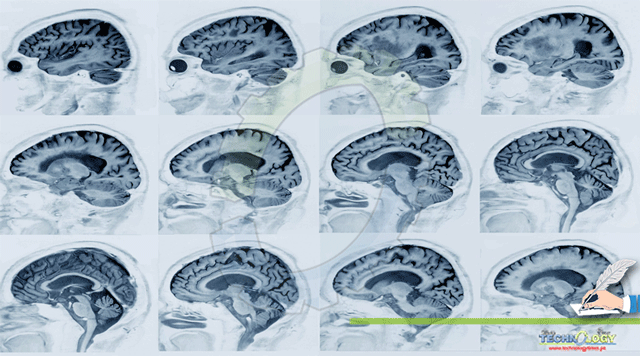Alzheimer’s is an increasingly important disease to discuss, as it affects a significant portion of the global population. According to the World Health Organization (WHO), about 55 million people live with Alzheimer’s, with about 10 million cases additional cases diagnosed each year. Therefore, it is crucial to thoroughly understand this disease and how to identify it.

By Megan
Alzheimer’s is a form of dementia that severely impacts memory, thinking, and behavior. Though the words “dementia” and “Alzheimer’s” are used interchangeably, they are not the same thing. Alzheimer’s is ultimately a disease that causes a specific form of dementia. Dementia is a term for cognitive decline that has many causes. The confusion is understandable because Alzheimer’s accounts for up to 80% of dementia cases, so the two terms are often intertwined.
Even though more people are well-informed about Alzheimer’s, many still struggle to identify Alzheimer’s in their loved ones in its early stages.
This article will discuss the four stages of Alzheimer’s (pre-diagnosis, mild, moderate, and severe) and help you identify which stage your loved one is currently experiencing.
Pre-diagnosis/First Symptoms
This is the stage where Alzheimer’s is just taking hold. Symptoms are typically very mild, making them hard for loved ones to detect. Therefore, though the person with Alzheimer’s is starting to experience difficulties, symptoms are usually mild enough that no one thinks anything is wrong. At this point, the symptoms are not severe enough to interfere with daily life, so they are often dismissed as a side-effect of aging.
Initial symptoms vary from person to person. For example, some people may experience depth perception and spatial relationships issues, making it difficult to drive safely or walk without losing balance. Others may initially struggle with finding the right words or misuse their vocabulary. The wide range of initial symptoms makes Alzheimer’s very difficult to diagnose early on.
Mild
This is the stage where the symptoms begin to interfere with daily life. Most diagnoses occur at this stage. People living with Alzheimer’s will start to experience significant memory loss and other cognitive difficulties, affecting every aspect of daily life.
Everyday tasks such as chores or paying bills become increasingly difficult. The affected person may start losing track of their conversations, often forgetting the proper vocabulary for certain items and asking questions repeatedly. This is also the stage where people start wandering off and getting lost.
Moderate
This is the stage where people have difficulty identifying their loved ones. Memory loss and other cognition problems get increasingly worse. Their personality and behavior may change significantly at this point, possibly becoming more stubborn or paranoid. They may also experience delusions and hallucinations while also living with damage to the sensory processing part of their brain. Learning new tasks is nearly impossible, and any action or task that requires more than one step is incredibly difficult to achieve.
Severe
At this stage, the person can no longer take care of themselves. The disease has spread throughout most of the brain, making it nearly impossible for the person to do any task without help. They also struggle to communicate effectively. The body begins to shut down, so mobility becomes increasingly limited. They are often bedridden near the end of life, as the disease has completely taken over.
Final Thoughts
Alzheimer’s is a serious disease that affects millions of people worldwide. Many people have lost loved ones to the disease, yet there is no cure. However, understanding the stages of Alzheimer’s and recognizing the symptoms may help you find a prevention method to reduce the progression of those symptoms.
On average, diagnosis occurs about 2.8 years after symptoms appear, but talking to a medical professional early on may add more years to the person’s lifespan. Though typically, the lifespan for someone diagnosed with Alzheimer’s is only eight to ten years after diagnosis, with prevention methods and lifestyle changes, some people live twenty years after they are diagnosed.
Therefore, it is crucial to get your loved ones diagnosed early on. Doing so will allow you to develop strategies and lifestyle changes that may prevent the disease from worsening. Talk to a medical professional about what options may be available for you and your loved one. Additionally, it’s important to have support for not only your loved ones, but for yourself, as well. You can find out more about how to find support, resources and more, through BetterHelp’s Alzheimer’s specific articles.